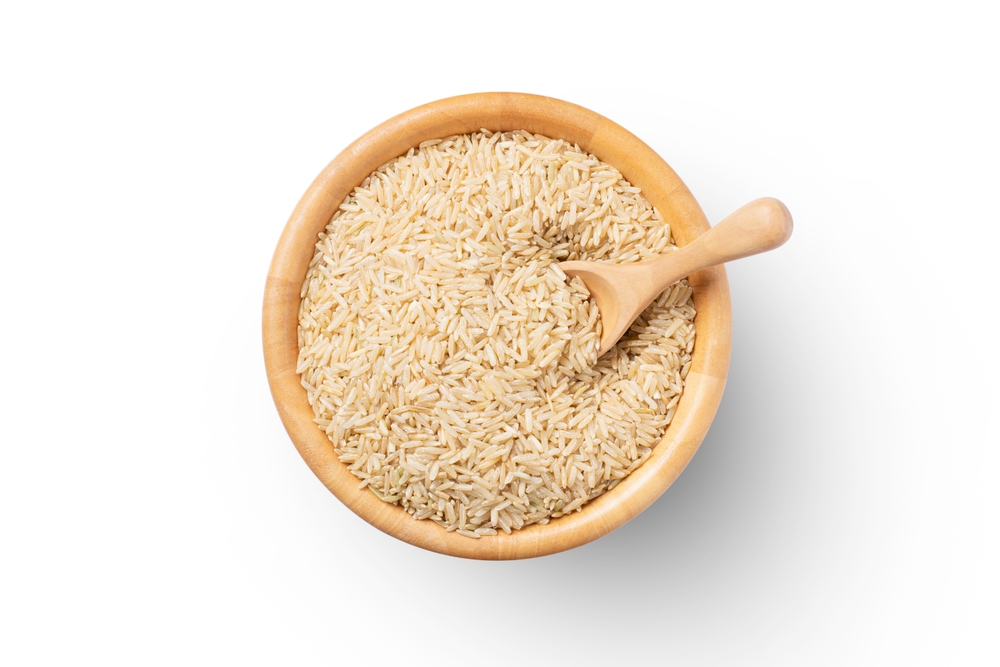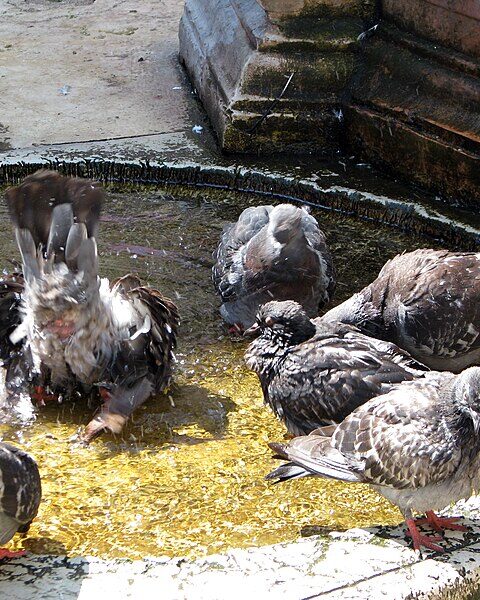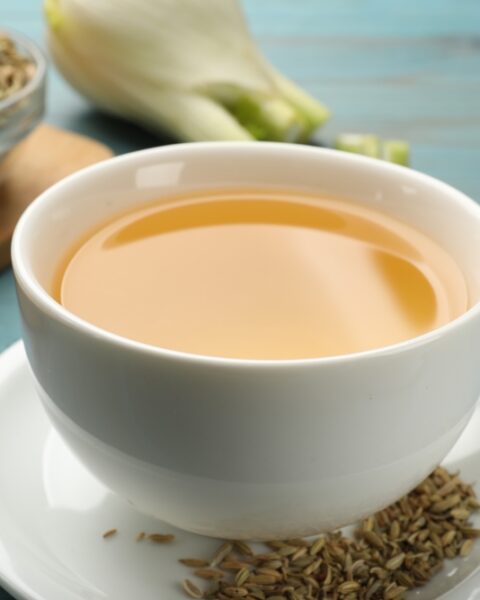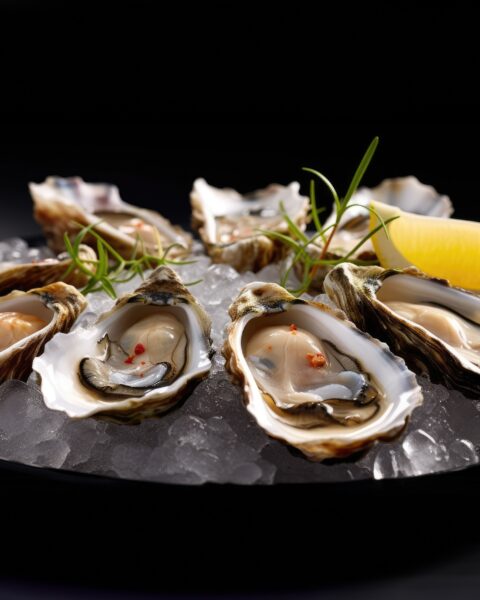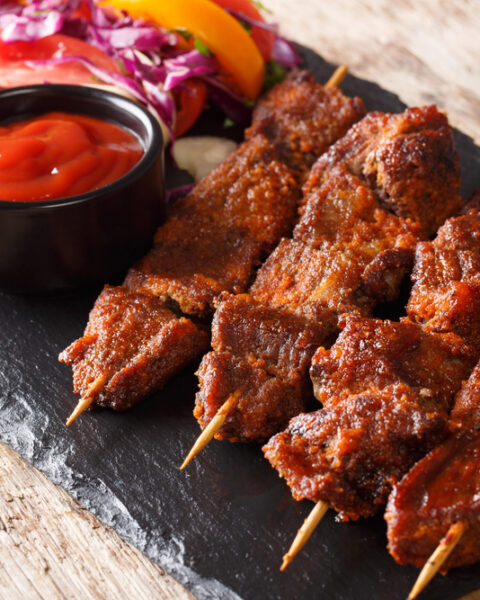Whole grains are a fantastic addition to your diet, offering a range of health benefits. They are packed with essential nutrients and provide a steady source of energy. Incorporating a variety of whole grains can improve your overall health, from better digestion to a healthier heart. Whether you enjoy them in salads, soups, or as a side dish, these grains are versatile and delicious. Here’s a list of the best whole grains you can add to your meals to boost your well-being and keep you feeling great every day.
Contents
Quinoa
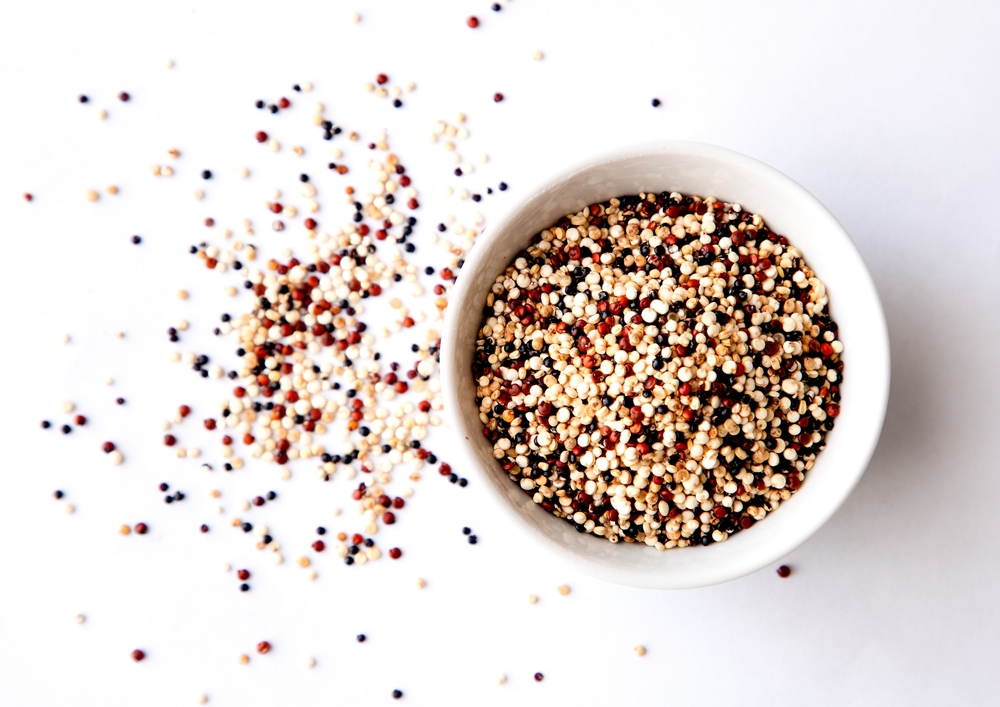
Quinoa is a gluten-free grain that contains all nine essential amino acids, making it a complete protein. This grain is rich in fiber, iron, magnesium, and manganese. Its high antioxidant content helps fight inflammation and protect against chronic diseases. Quinoa has a low glycemic index, which means it helps regulate blood sugar levels. It is versatile and can be used in salads, soups, and as a substitute for rice. Incorporating quinoa into your diet can support overall health and wellness.
Oats

Oats are a whole grain rich in soluble fiber, particularly beta-glucan, which can lower cholesterol levels. They are also high in antioxidants, including avenanthramides, which may reduce blood pressure. Oats are known for their ability to enhance satiety, helping with weight management. This grain provides important vitamins and minerals such as manganese, phosphorus, and magnesium. Oats can be enjoyed as oatmeal, in baked goods, or as a topping for yogurt. Regular consumption of oats can improve heart health and digestive function.
Barley
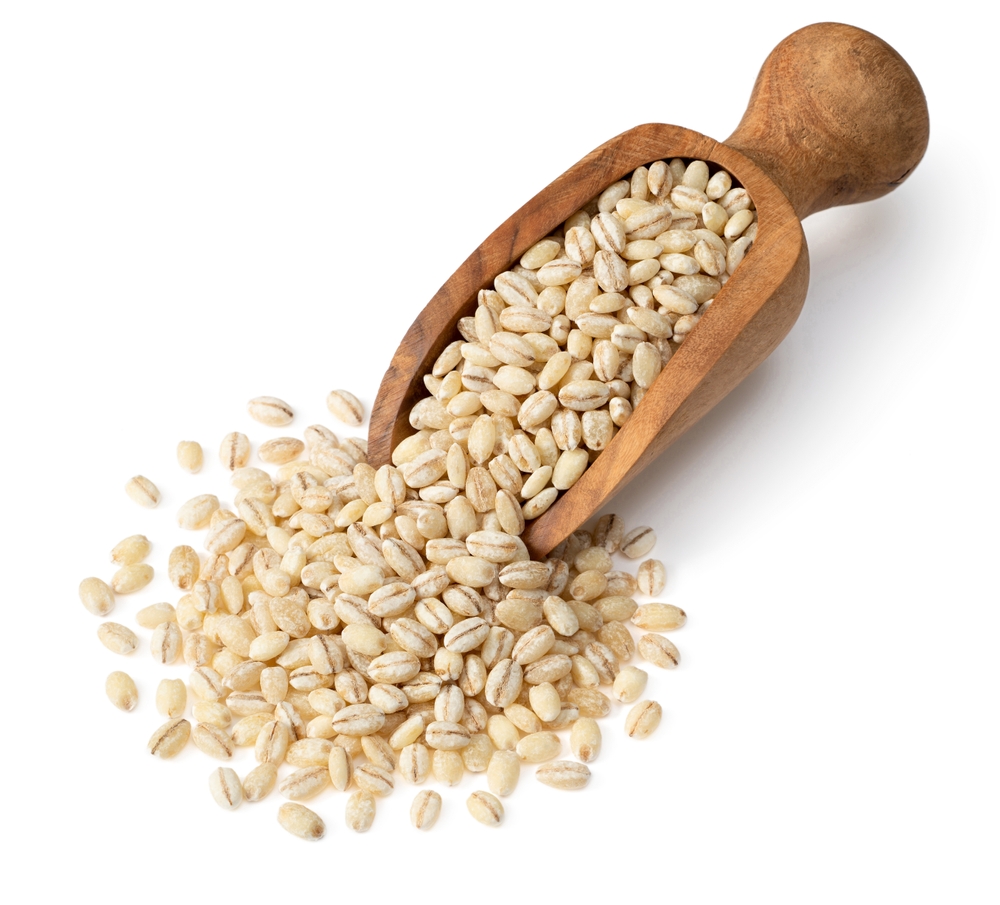
Barley is a versatile whole grain high in fiber, particularly beta-glucan, which helps to reduce cholesterol. It also contains vitamins and minerals like manganese, selenium, and copper. Barley has a low glycemic index, aiding in blood sugar control. This grain is known for its ability to promote a healthy gut due to its high fiber content. Barley can be used in soups, stews, salads, and as a side dish. Including barley in your diet can support heart health and improve digestion.
Bulgur
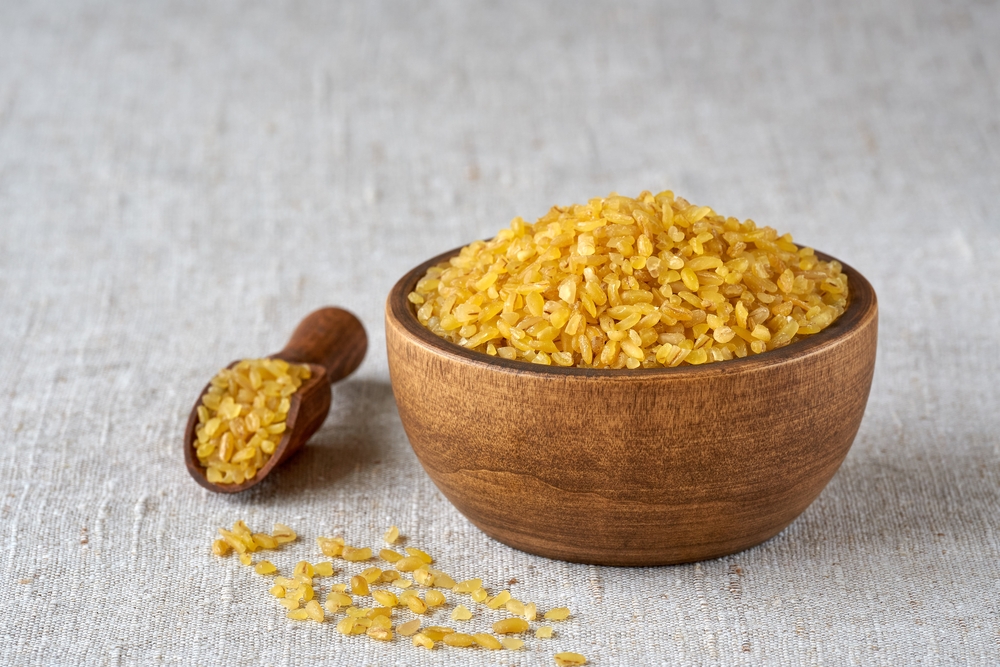
Bulgur is a quick-cooking whole grain that is rich in fiber and protein. It is a good source of manganese, magnesium, and iron. This grain has a low glycemic index, making it beneficial for blood sugar management. Bulgur’s high fiber content promotes digestive health and regularity. It is commonly used in Middle Eastern dishes like tabbouleh and pilafs. Adding bulgur to your meals can enhance nutrient intake and support a healthy digestive system.
Buckwheat
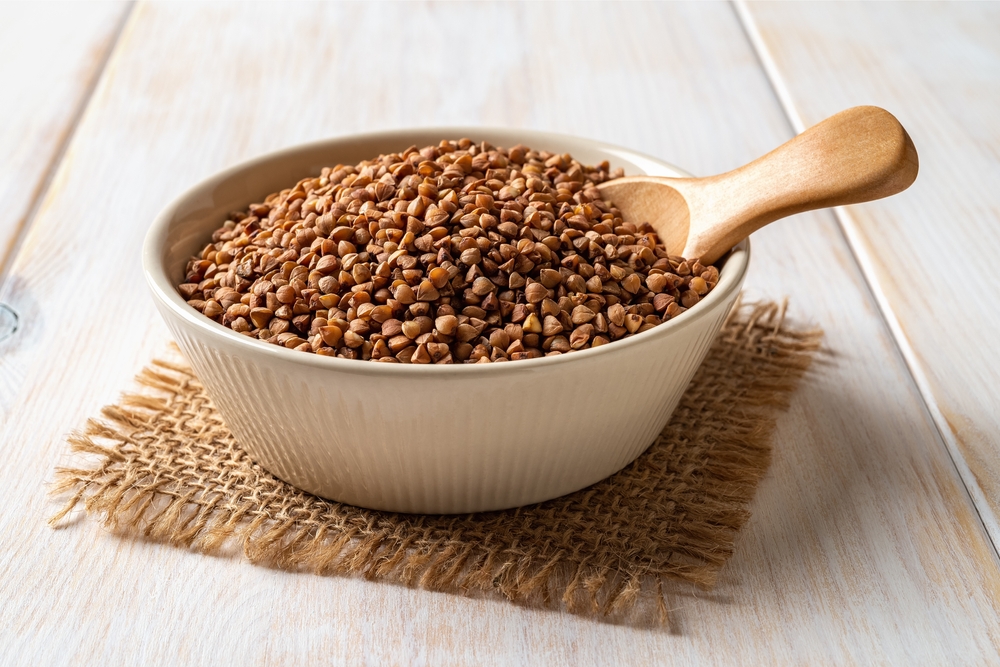
Buckwheat is a gluten-free whole grain packed with nutrients, including fiber, protein, and various antioxidants. It is particularly high in rutin, a compound that may improve blood circulation and lower cholesterol. Buckwheat also contains important minerals such as magnesium, copper, and manganese. This grain is often used in pancakes, noodles, and porridge. Consuming buckwheat can help improve heart health and support blood sugar control.
Brown Rice
Brown rice is a whole grain that retains its nutrient-rich bran and germ. It is a good source of fiber, magnesium, and selenium. Brown rice has a low glycemic index, which helps stabilize blood sugar levels. This grain provides essential vitamins such as B vitamins, which are crucial for energy metabolism. Brown rice can be used in a variety of dishes, including stir-fries, salads, and casseroles. Incorporating brown rice into your diet can enhance overall health and provide sustained energy.
Millet
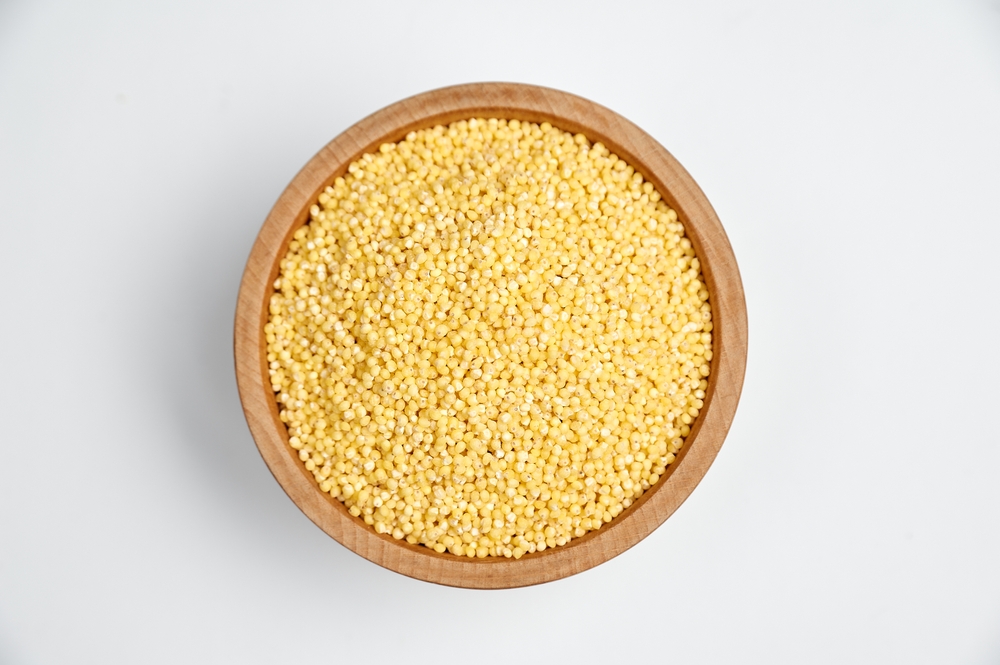
Millet is a gluten-free grain that is high in fiber, protein, and antioxidants. It contains important nutrients like magnesium, phosphorus, and manganese. Millet’s high fiber content aids in digestion and helps regulate blood sugar levels. This grain is versatile and can be used in porridge, salads, and as a side dish. Millet is also known for its alkaline properties, which can help maintain pH balance in the body. Including millet in your diet can support digestive health and provide essential nutrients.
Amaranth
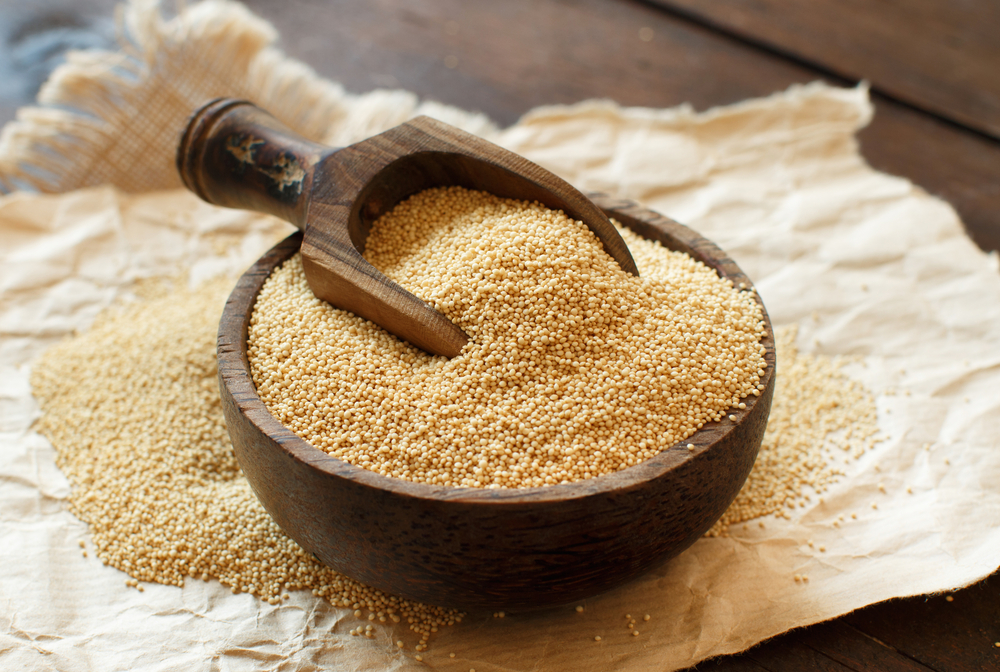
Amaranth is a nutrient-dense grain that is gluten-free and high in protein, fiber, and various micronutrients. It contains important minerals like calcium, iron, magnesium, and phosphorus. Amaranth is rich in antioxidants, which help protect against inflammation and chronic diseases. This grain is versatile and can be used in porridge, soups, and baked goods. Amaranth’s high protein content makes it a valuable addition to a vegetarian or vegan diet. Regular consumption of amaranth can support bone health and improve overall nutrition.
Farro
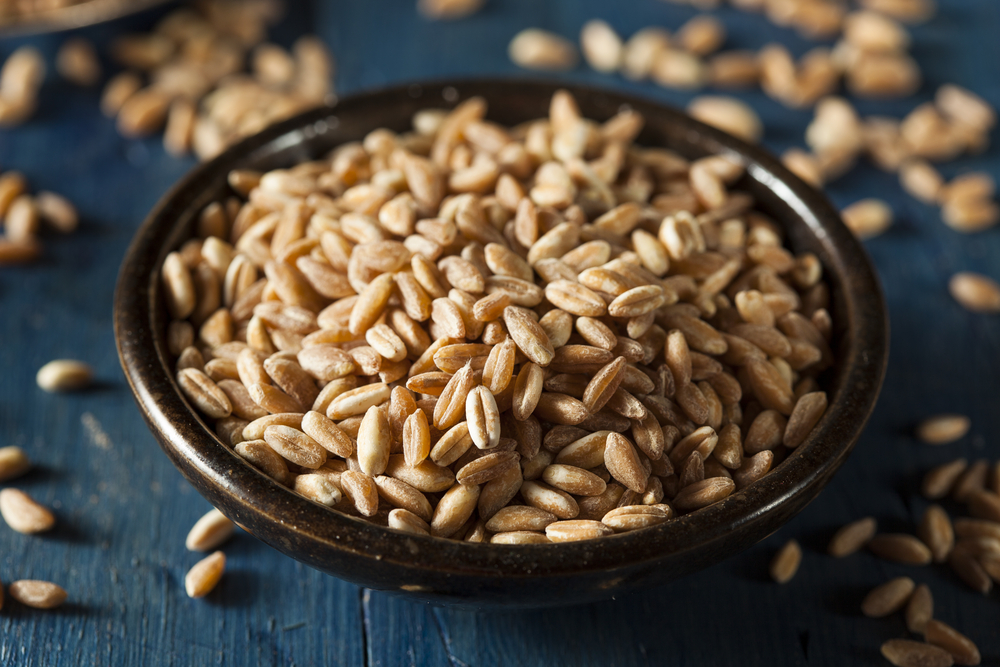
Farro is an ancient grain that is high in fiber, protein, and several important vitamins and minerals. It is a good source of magnesium, iron, and zinc. Farro has a chewy texture and a nutty flavor, making it a great addition to soups, salads, and grain bowls. This grain’s high fiber content supports digestive health and helps maintain a healthy weight. Farro is also known for its ability to sustain energy levels throughout the day. Including farro in your diet can enhance overall health and provide essential nutrients.
Sorghum
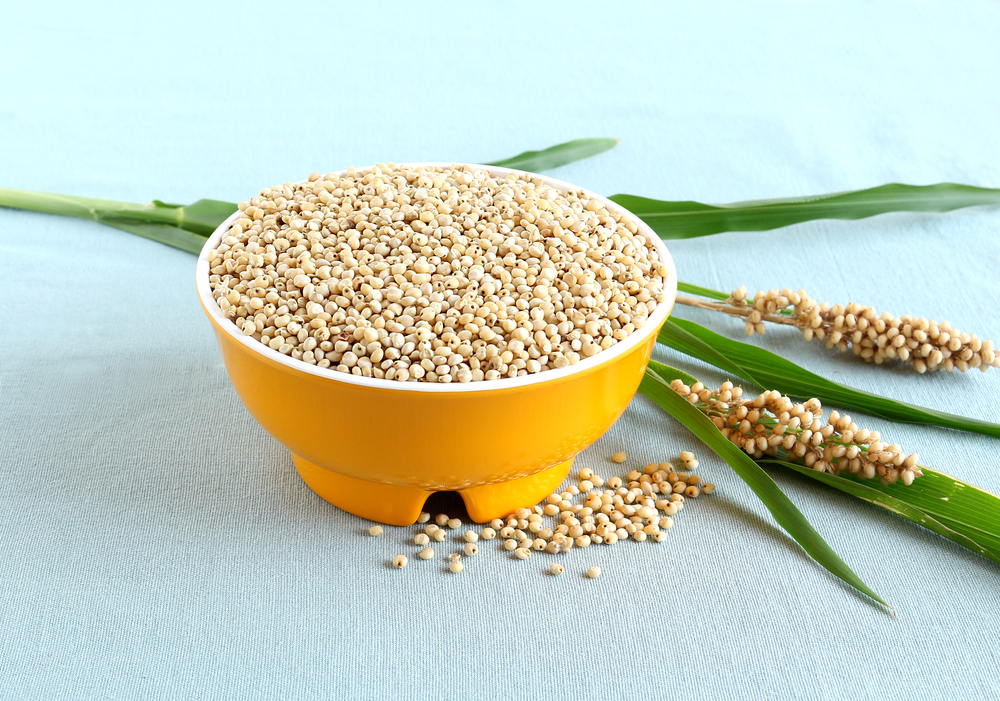
Sorghum is a gluten-free whole grain that is high in protein, fiber, and antioxidants. It contains important nutrients like magnesium, iron, and phosphorus. Sorghum’s high antioxidant content helps fight inflammation and protect against chronic diseases. This grain is versatile and can be used in porridge, salads, and as a flour substitute in baking. Sorghum is also known for its ability to support heart health and improve digestion. Including sorghum in your diet can enhance nutrient intake and provide sustained energy.
Teff
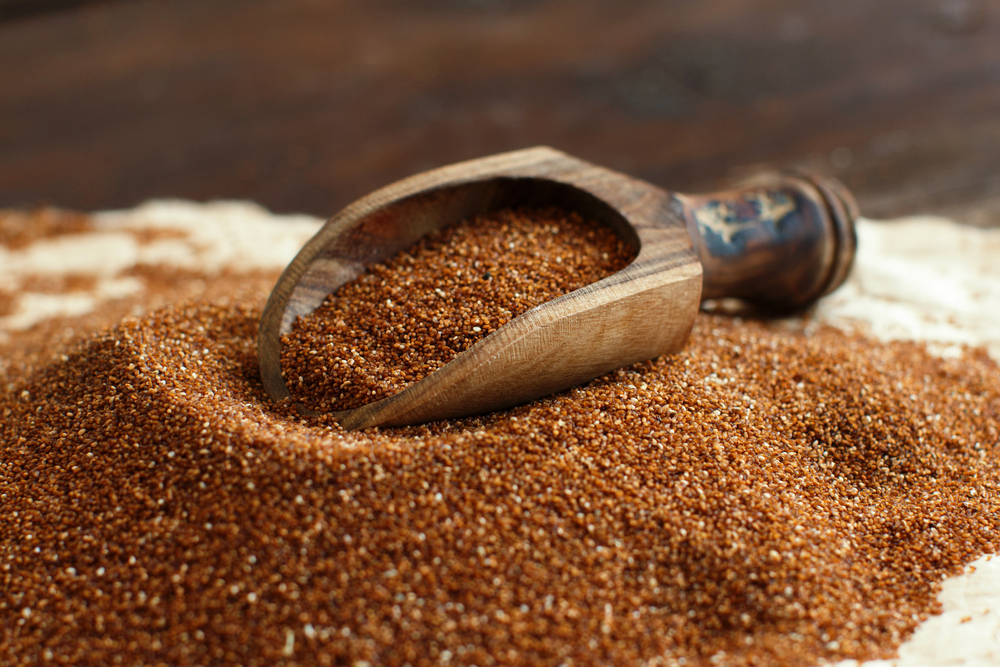
Teff is a small, gluten-free grain that is high in protein, fiber, and various essential nutrients. It contains important minerals like calcium, iron, and magnesium. Teff’s high fiber content supports digestive health and helps maintain stable blood sugar levels. This grain is versatile and can be used in porridge, bread, and as a thickener in soups and stews. Teff is also known for its ability to support bone health and provide sustained energy. Including teff in your diet can enhance overall nutrition and support a healthy lifestyle.
Freekeh
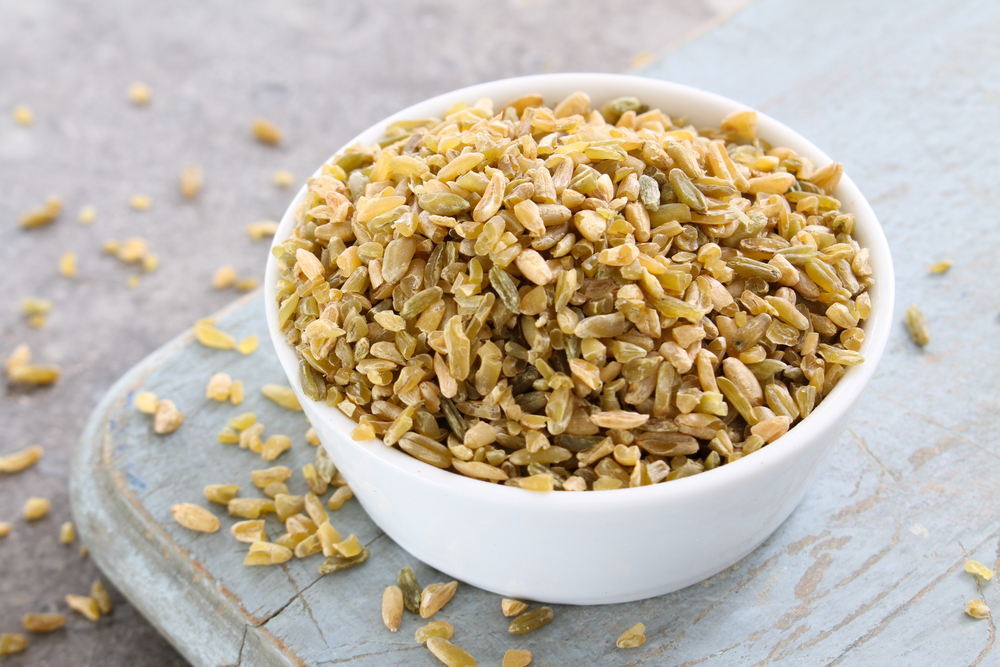
Freekeh is an ancient grain made from green durum wheat that is high in protein, fiber, and various vitamins and minerals. It contains important nutrients like magnesium, phosphorus, and zinc. Freekeh’s high fiber content promotes digestive health and helps regulate blood sugar levels. This grain has a nutty flavor and a chewy texture, making it a great addition to soups, salads, and grain bowls. Freekeh is also known for its ability to sustain energy levels throughout the day. Including freekeh in your diet can support overall health and provide essential nutrients.
Spelt
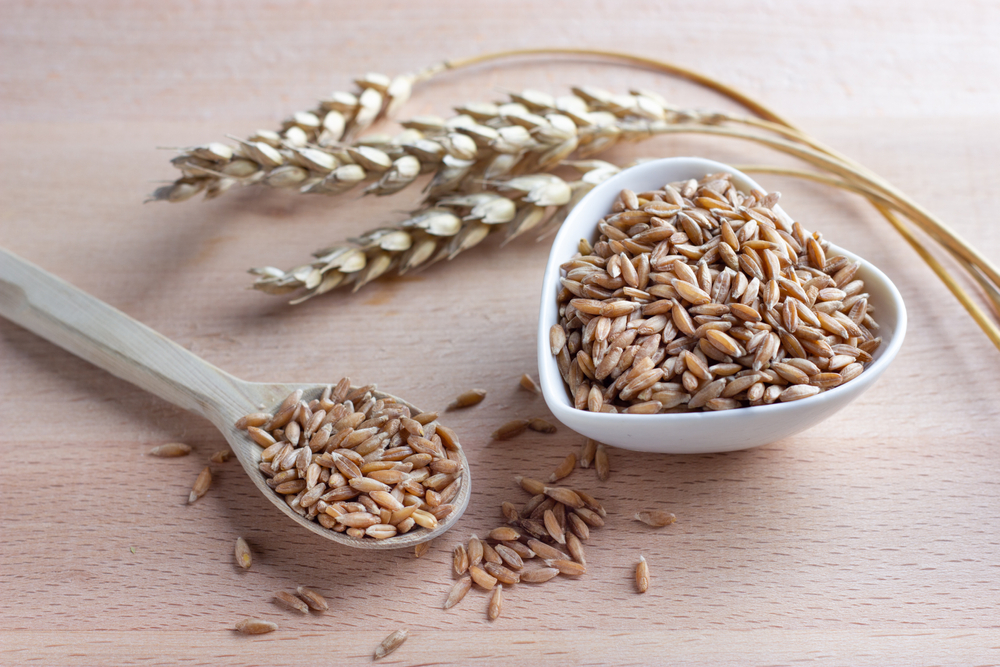
Spelt is an ancient grain that is high in protein, fiber, and various essential nutrients. It contains important minerals like iron, magnesium, and zinc. Spelt’s high fiber content supports digestive health and helps maintain stable blood sugar levels. This grain has a nutty flavor and a chewy texture, making it a great addition to bread, pasta, and grain bowls. Spelt is also known for its ability to support heart health and improve digestion. Including spelt in your diet can enhance overall nutrition and provide sustained energy.
Rye
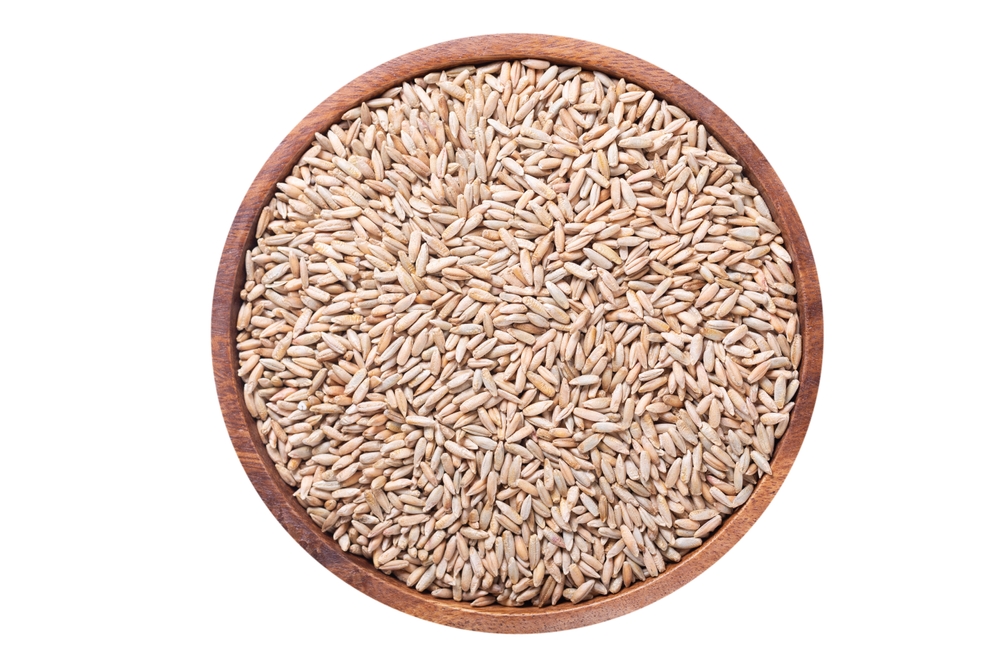
Rye is a whole grain that is high in fiber, protein, and various vitamins and minerals. It contains important nutrients like manganese, phosphorus, and selenium. Rye’s high fiber content supports digestive health and helps regulate blood sugar levels. This grain has a rich, earthy flavor and is commonly used in bread, crackers, and cereals. Rye is also known for its ability to support heart health and improve digestion. Including rye in your diet can enhance overall health and provide essential nutrients.
Kamut
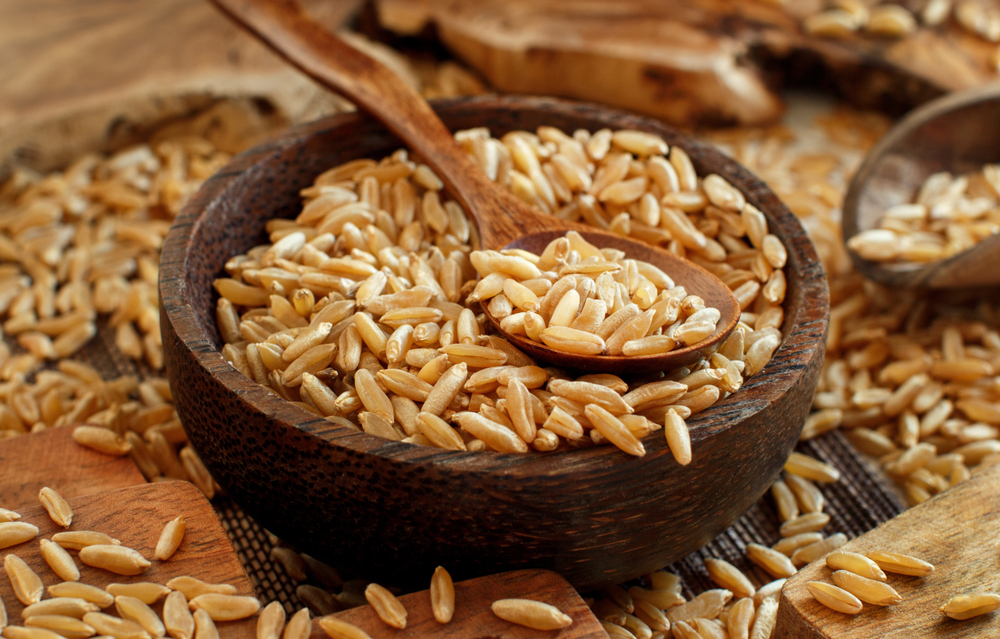
Kamut is an ancient grain that is high in protein, fiber, and various essential nutrients. It contains important minerals like selenium, zinc, and magnesium. Kamut’s high fiber content supports digestive health and helps maintain stable blood sugar levels. This grain has a rich, nutty flavor and a chewy texture, making it a great addition to salads, soups, and grain bowls. Kamut is also known for its ability to support heart health and improve digestion. Including kamut in your diet can enhance overall nutrition and provide sustained energy.
This article originally appeared on RetailShout
More From RetailShout
16 Hot Gifts Every Spicy Food Enthusiast Will Love

Spicy food enthusiasts thrive on intense heat and bold flavors. When it comes to gifting someone who has a passion for all things spicy, it’s all about finding something that matches their fiery vibe. Read More.
15 Nutrient-Dense Seeds You Should Be Eating Daily
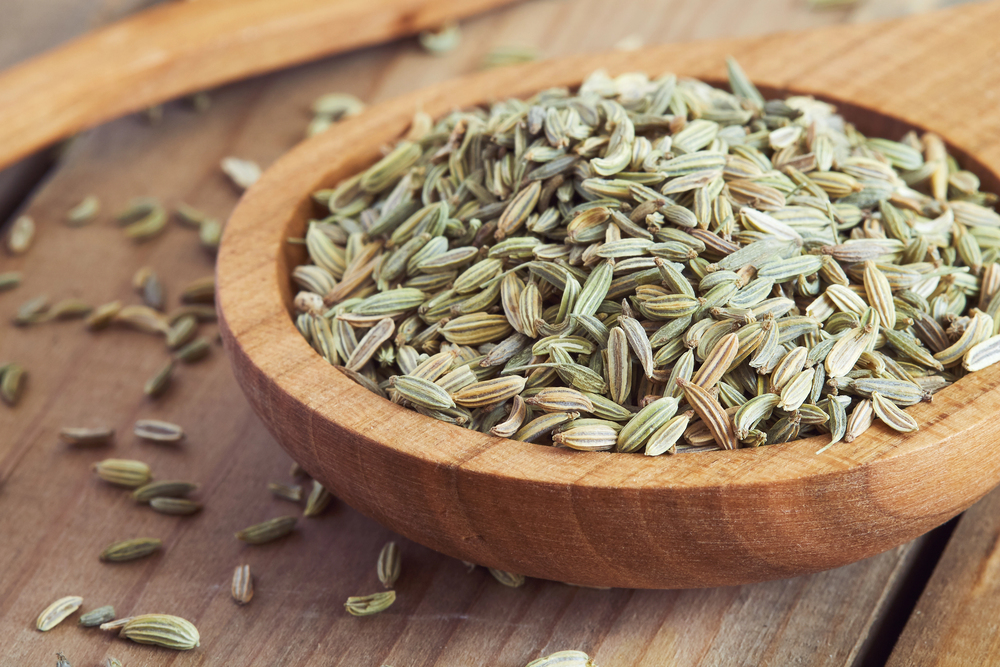
Looking for an effortless way to level up your diet? Seeds are the answer! These tiny wonders are bursting with nutrients, making them one of the simplest additions to your meals. Read More.
10 Foods That Were Once the Hottest Trends

Food trends are as fickle as fashion. What was once the hottest dish can quickly become passé. From smoothie bowls to charcoal ice cream, we’ve seen a variety of foods enjoy their moment in the spotlight. Read More.

